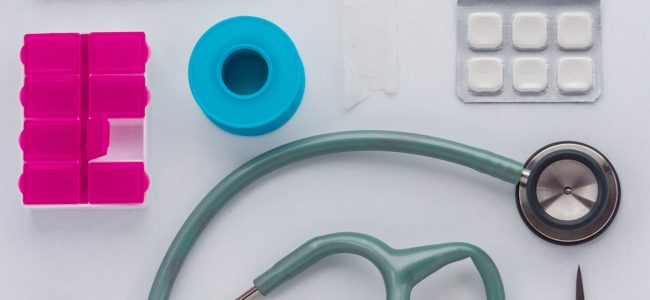BlogLine
Penn Medicine Challenging Largest PA Med Mal Claim Verdict
8/30/23

A Philadelphia County recently awarded a $182.7 MM verdict, including $80 MM in pain and suffering damages, against the Hospital of the University of Pennsylvania, known as Penn Medicine. While larger medical malpractice jury verdicts are becoming more common in Pennsylvania and other states, this verdict is the largest medical malpractice verdict in Pennsylvania history.
The case involves a med mal claim against Penn Medicine and other individual healthcare providers stemming from a 2018 delivery. Plaintiffs, the family of the minor, claimed that Penn Medicine failed to perform a timely cesarean section despite indications that the procedure was necessary, resulting in cerebral palsy to the infant. Penn Medicine argued that the standard of care was met in treating both mother and child and that the infant had suffered a brain injury before the mother arrived at the hospital.
Penn Medicine has filed a post-trial motion seeking entry of judgment notwithstanding the verdict, remittitur of the verdict, a new trial on all issues, or at least a new trial on damages. The basis for Penn Medicine’s argument is that there was no basis for imposing liability against hospital because there was no pending direct claim against it – plaintiff’s counsel previously withdrew the direct claim against Penn Medicine, and did not prove Penn Medicine’s healthcare provider, or agents, were negligent. Additionally, Penn Medicine argues that the magnitude of the damages award is excessive, shocks the conscience, and must be set aside.
When a defendant challenges a verdict as excessive, under Section 515 of the MCARE Act, 40 P.S. § 1303.515, the trial court must consider the potential impact of the verdict on the availability of health care in the community. Penn Medicine argues that if required to satisfy the verdict, it will suffer severe financial injury, and its ability to provide care in the community may be impaired. The hospital seeks a hearing at which it will produce evidence of the negative impact on the availability or access to health care in the community if it is required to satisfy the verdict. In a different case, resulting in a $29.5 MM medical malpractice verdict against Temple Hospital, Temple Hospital raised a similar Section 515 argument for remitter in light of the excessive verdict. The court in the Temple Hospital matter denied the hospital’s request for an evidentiary hearing and set oral argument, which was heard in early-August.
The Penn Medicine case is Dajah Hagans v. Hospital of the University of Pennsylvania, et al., No. 190607280, filed June 27, 2019, in the Court of Common Pleas of Philadelphia County. The Temple Hospital case is Eddie Parks v. Temple University Hospital, et al., filed June 7, 2019, NO. 190605457, in the Court of Common Pleas of Philadelphia County.
The attorneys at Freeman Mathis and Gary, LLP are closely monitoring these, and similar cases, on behalf of its clients in the healthcare industry. Nicholas J. Hubner is an attorney with Freeman Mathis and Gary’s tort and catastrophic loss group. For more information, please contact Nicholas J. Hubner at nicholas.hubner@fmglaw.com or your local FMG attorney.
Share
Save Print